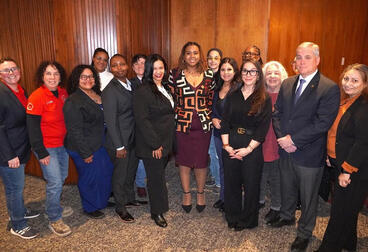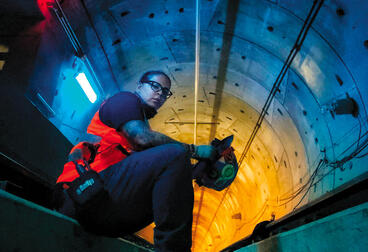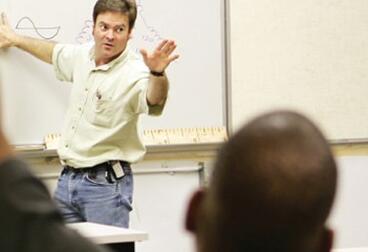Pope Leo XIV (Robert Francis Prevost) became the first American-born pope in the 2,000-year history of the Catholic Church when he was elected by the papal conclave of cardinals on Thursday, May 8th, in Vatican City. Right away, his name signified something very important to Catholics and workers around the world, that his papacy would follow Catholic social teaching on labor and workers’ rights as set forth in Pope Leo XIII’s papal encyclical Rerum Novarum (On Capital and Labor).
Published 134 years ago in May 1891, Rerum Novarum explains Catholic support for workers’ rights to collective bargaining and unions. At the time, Pope Leo XIII was responding to “revolutionary changes” in unregulated capitalism that created an impoverished working class. Today, Pope Leo XIV sees artificial intelligence and the “digital revolution” in a similar light.
“The choice of the name ‘Leo XIV’ signifies a continuity with Pope Leo XIII, whose seminal encyclical Rerum Novarum laid the foundation for modern Catholic social teaching by affirming the rights of workers to organize and the importance of just labor conditions,” the Catholic Labor Network said in their public statement. “This legacy is vital as we continue to address contemporary challenges facing workers worldwide.”
Pope Leo XIV was born in Chicago, Illinois, and is a naturalized citizen of Peru, where he served as the Bishop of Chiclayo. He was ordained a cardinal in 2023 by Pope Francis, who also openly supported unions and workers everywhere.


